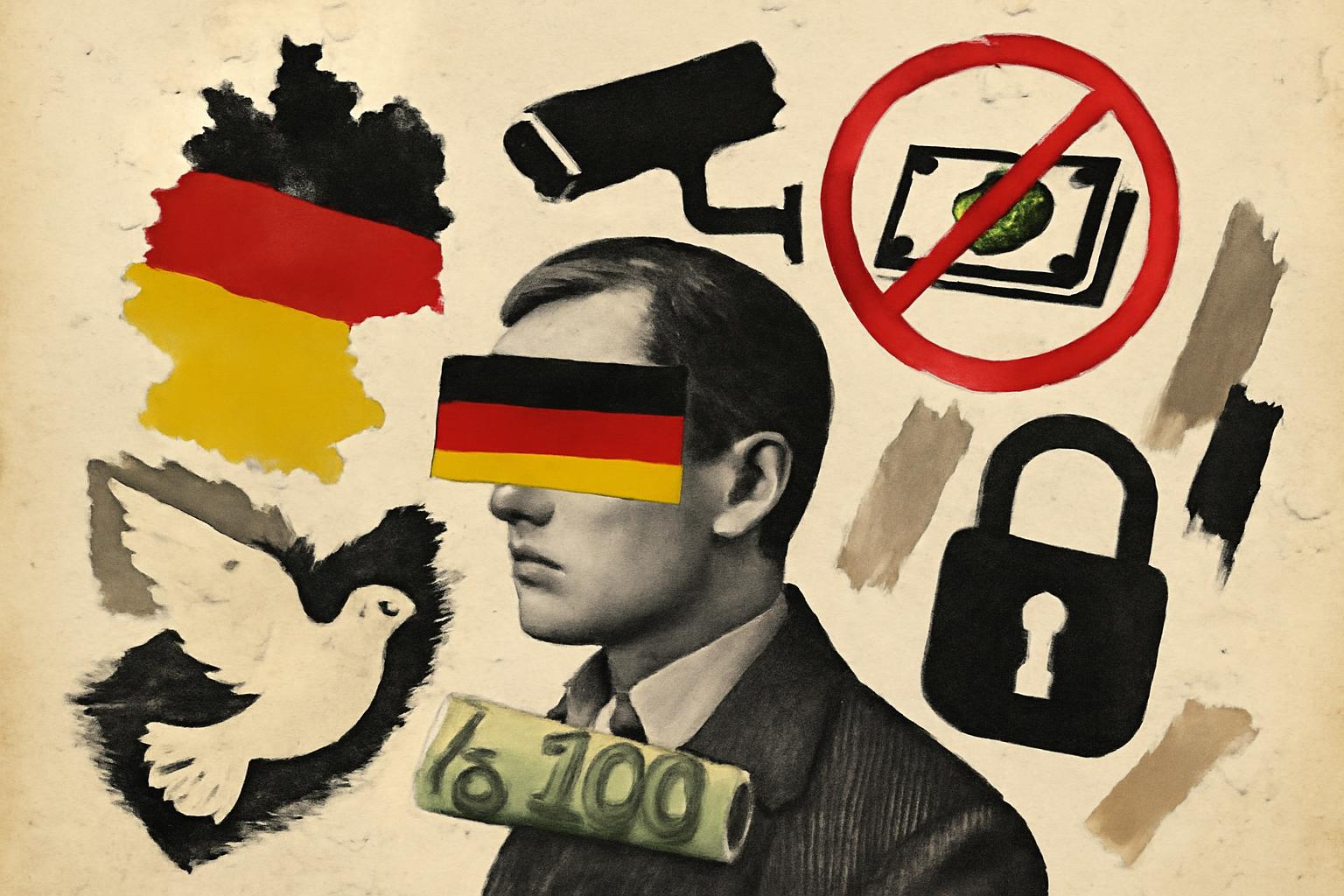Germans are dropping cash and embracing electronic payments. Domestically, checkout reality is moving toward cards, with roughly half of payments by card, about 30% via Girocard, 12% debit, and 9% credit; mobile payments sit around 14%. Abroad, the shift is even faster: inside the euro area, about 55% go cashless, and outside, more than 56% do. And small purchases aren’t immune: cash for a €20 deal has fallen from about 53% to around 35%.
This is a test for freedom. Hayek showed that money is a large-scale order best produced by a multitude of private, competing currencies and institutions, not by a central command. If payments become progressively consolidated under a few private rails, or—even worse—under a state-supported digital currency, the spontaneous order of barter and exchange frays. Nozick would warn against coercive structures that intrude on individual choice and privacy; Rand would insist that voluntary, private arrangements—free to fail or succeed on their merits—are the only legitimate ground for social cooperation. The trend toward cashlessness raises the risk that private payment networks, big techs, and state actors rally behind surveillance-enabled rails, diminishing privacy and the freedom to transact without a government-friendly logbook.
To defend freedom, resist moves that turn payment rails into state-backed or state-traced arteries. Push for money as a truly private, competitive space—public tolls removed, legal tender coercion rolled back, and a multiplicity of private currencies and payment systems allowed to compete. Protect individual rights to transact anonymously where possible, and ensure contract and property rights trump any mandate to accept a preferred form of payment. If the state’s grip tightens through a centralized digital currency or mandated surveillance-compliant rails, liberty dies a little more with every transaction. The market should decide which means of payment flourish, not bureaucrats or monopoly intermediaries.
